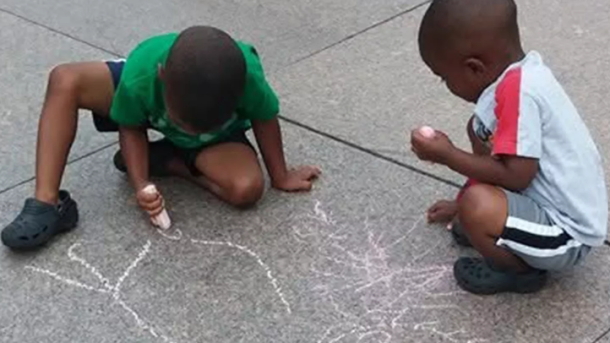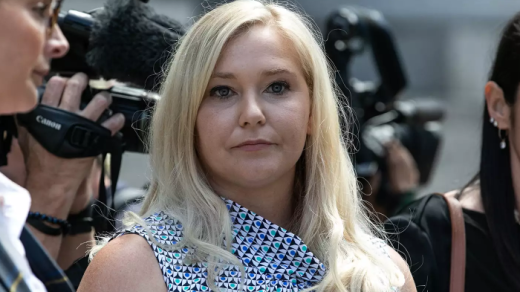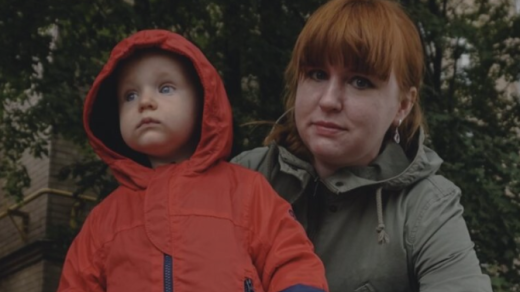Preschool Expulsion Rates have become a growing concern for many families. For Tunette Powell, it was a heartbreaking experience that started with her sons being suspended repeatedly from preschool. Her two young boys, aged 3 and 4, faced a combined total of 12 suspensions in a single year. This left Powell, a mom of three, struggling to understand what was going wrong.
“It was definitely a shock and a rock for our family,” says Powell, reflecting on the challenges she and her family faced. “I still can’t quite make sense of it.”
The trouble began in March 2014, when Powell received a call from the child care center on the Air Force base in Omaha, Nebraska, where her husband, Jason, was stationed. The center informed her that her 4-year-old son, JJ, was being sent home. They explained that JJ had been crying during breakfast, and while no one took the time to understand why, he was removed from the table to avoid spreading germs. Powell later learned that he was also accused of throwing a chair, but her son’s version of the story didn’t quite align with that claim.
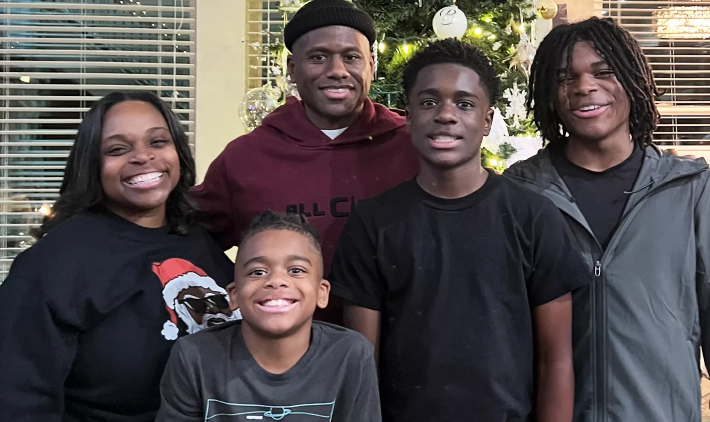
“I was shocked,” Powell says. “He told me he barely pushed the chair. It didn’t even fall over. He was just upset because no one checked on him when he was crying.”
The preschool continued to report similar behavior issues. For example, her 3-year-old son, Joah, was suspended after he made a motion like he might hit a teacher—but never actually did. Powell grew increasingly frustrated and asked for access to the video footage of the incidents. However, the school refused, citing privacy concerns for other children.
In one crucial moment, another parent—who was White—expressed concern that Powell’s sons seemed to be treated differently. This parent pointed out that, despite her own child causing an injury that required medical attention, the school’s response was much less severe. This comment opened Powell’s eyes to something much bigger than just her family’s situation.
The Reality of Preschool Expulsion Rates
This experience led Powell to investigate the ongoing issue of preschool expulsions—particularly the disproportionate rate at which Black children, especially boys, are affected. Statistics reveal that Black boys represent nearly half of all preschool expulsions, despite being a much smaller percentage of preschool enrollment.
Powell’s research for her doctoral dissertation included interviews with 25 parents from across the United States, all of whom had experienced similar struggles. One mother from California shared how she fought for a proper diagnosis for her child while constantly dealing with suspensions. The emotional toll was devastating, and Powell couldn’t help but feel heartbroken by the mother’s question: “Have I given birth to a monster?”
Addressing Preschool Expulsion Rates and Racial Disparities
Experts like Walter Gilliam, the executive director of the Buffett Early Childhood Institute at the University of Nebraska, have spent decades studying preschool expulsions. He highlights the complex factors behind these issues, including teacher stress, large class sizes, and shifts in child behavior during the pandemic. But one important factor that is often overlooked is the role of racial bias in early education.
Gilliam’s research suggests that implicit bias among educators can lead to disproportionately harsh discipline for children of color, particularly Black boys. In one study, educators were shown videos of children playing together, and their reactions revealed a tendency to interpret the same behaviors differently based on the child’s race. “If you’re looking for something, you’re more likely to find it,” Gilliam explains, underscoring the need to address racial disparities in preschool expulsions.
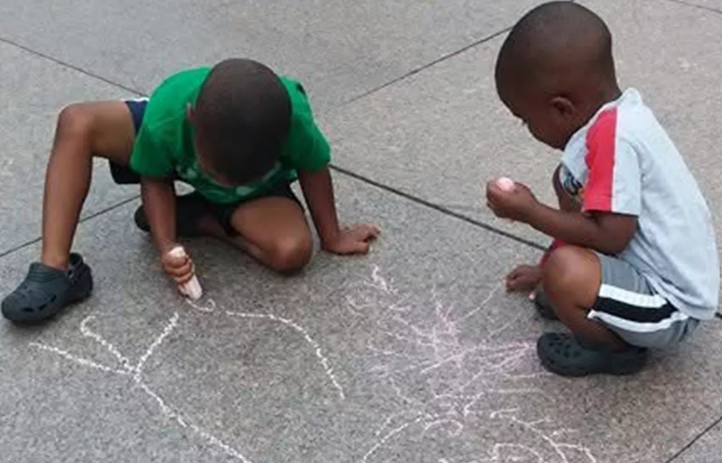
With 10 years having passed since Powell’s sons were suspended, the family has overcome these challenges. Today, her sons are thriving. JJ, now a 15-year-old high school sophomore, excels academically and is a budding chef. Joah, 13, recently published his first book, while 10-year-old Jordan is an athletic and empathetic child. Despite their success, Powell remains deeply affected by the trauma of those early years.
Each time she receives an email about her children’s behavior at school, her heart races. “Even though I have no reason to be worried, my anxiety spikes,” she admits. This lingering concern reflects the emotional weight that preschool expulsion rates have had on her family, as they continue to advocate for a more fair and supportive system.
Preschool Expulsion Rates and the Need for Change
It’s clear that the issue of preschool expulsions, particularly among Black children, requires urgent attention. By understanding the causes and effects of Preschool Expulsion Rates, we can work toward a solution that supports both children and families, ensuring that early childhood education is a nurturing environment for all kids.
Source: www.people.com
